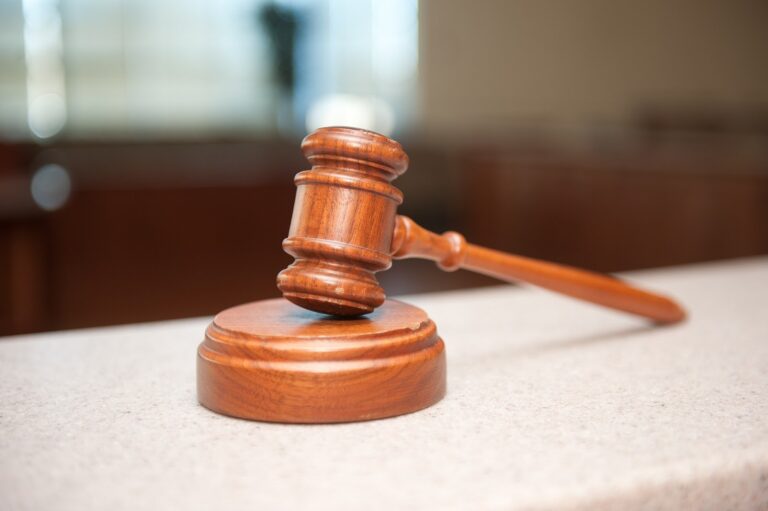Rent a House: Legal Requirements You Need to Know
The choice to rent a house is a big one which comes with a lot of obligations and rules for both landlords and tenants. It is essential to comprehend and uphold these statutory demands to maintain a positive landlord-tenant relationship and safeguard the interests and freedoms of both parties. We will examine the important legal criteria both tenants and landlords in the UK should be aware of whenever rent a house in this detailed guide. If you’re searching for affordable housing options, you might find some great houses to let in lees Oldham, and a charming area known for its historical character.
Landlord-Tenant Agreements:
A tenancy agreement, which describes the terms and limitations of the tenancy, is a binding legal instrument. A written agreement must be in place between landlords & tenants. The agreement ought to outline information such as the rent amount, due dates, security deposit, length of the lease, and each party’s responsibilities. For the majority of private residential tenancies in the UK, an Assured Shorthold Tenancy (AST) agreement is recommended. Both landlords and tenants are given specific legal safeguards under AST agreements.

Security Reserving:
Tenants may be required to pay a security deposit, which is typically one to two months’ worth of rent. The landlord can use this deposit as financial insurance from damage or unpaid rent. Landlords in England are required by law to safeguard tenants’ security deposits in a Tenancy Deposit Protection (TDP) programme within 30 days after receiving the deposit. Wales, Scotland, and Northern Ireland all have similar laws. Landlords are permitted to deduct reasonable costs for unpaid rent or damages from the security deposit at the end of the tenancy. Any deductions ought to be agreed to in writing by both parties.
Rental Fees:
An essential component of any tenancy agreement is the payment of rent. The amount, due date, and mode of rent payment ought to be included in the contract. Rent must be paid on time and by the tenant. Rent that is not paid on time or at all may trigger proceedings for eviction. Whenever asked, landlords must give tenants a rent book or other written record of rent payments, containing rent receipts.
Upkeep And Repairs:
Legally speaking, landlords are in charge of keeping the building’s structure in good condition and making sure it is secure and livable. This includes fixing the roof as well as the plumbing, heating, & electrical systems. Any upkeep issues must be reported right away by the tenant. These issues ought to be addressed by landlords promptly. Tenants are occasionally liable for small repairs or damage brought on by negligence.
Rules For Health And Safety:
A certain degree of health and safety has to be maintained in rental buildings. A Gas Safe-registered engineer ought to examine gas equipment on an annual basis, and landlords must give tenants a gas safety certificate. Additionally, landlords must ensure the safety of electrical installations by performing inspections at least every five years. It is necessary to install smoke alarms & carbon monoxide detectors in the proper places.
Notice Intervals:
While ending a tenancy, both landlords and renters are required to follow certain notification requirements. To reclaim possession of the property after an AST, landlords in England are required to give tenants at least two months’ notice via a Section 21 notice. Scotland, Wales, & Northern Ireland may have different notice requirements, so it’s important to be familiar with the rules there.
Checks For Right To Rent:
To guarantee that tenants have the legal authorization to rent property in the UK, landlords are obligated to investigate the immigration status of their tenants. Fines may be assessed if this is not done. All adult tenants along with any other adults residing in the home, regardless of whether they are not specifically mentioned in the leasing agreement, must submit to these inspections.
The HHSRS (Housing Health And Safety Rating System):
The HHSRS is a tool designed to evaluate rental homes’ conditions and spot possible dangers to health and safety. If a landlord’s property does not adhere to HHSRS guidelines, local authorities possess the authority to take enforcement action.
Terminating A Lease:
A tenancy may be terminated through a complicated process that is subject to established guidelines. When evicting renters, landlords have to comply with the proper legal processes through real estate advisor. This normally entails giving the proper notice along with if necessary, requesting a court order for possession.
Final Words
Both tenants and landlords need to be aware of the rules and regulations related to rent a house. You may create an orderly and peaceful renting arrangement which is advantageous to all parties through being knowledgeable and obedient.






